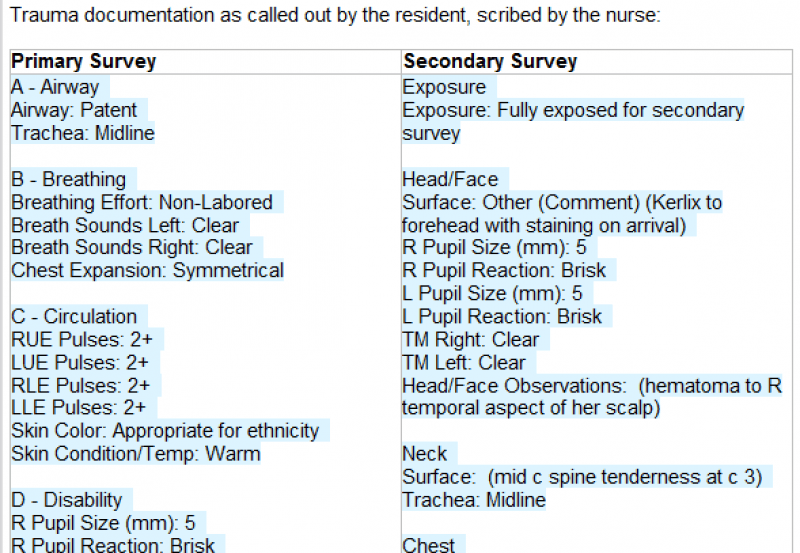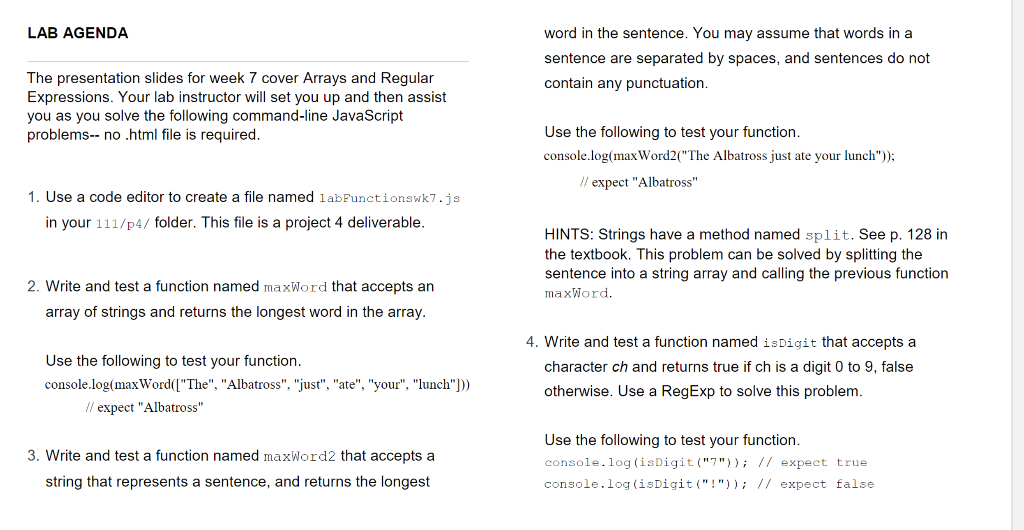
Then if the calling function has a reference to the same object, they will see that modification through the reference. As noted above, if the object that the reference is pointing to is mutable, then it is possible to modify that object's state through the reference. There is no such thing as "passing an object" as objects are not values in the language. When passing arguments, you are either passing primitives by value or references by value. (Note: this does not change the reference itself, just the object that it points to.) Let us consider a simple class of mutable object: it has public fields or it has methods that allows changing of its fields), then it is possible to modify that object's state through the reference and someone else who has a reference to the same object will see that modification. If the object that a reference is pointing to is mutable (i.e. operator, which takes a reference to the object as its left operand. All objects are always accessed through references - you create one using new Something(), it returns a reference and you access an object's fields and methods using the.

These references are kind of like pointers in C/C++, but you cannot perform arithmetic on them, nor can you directly dereference pointers or take the address of something. In Java, all values are either primitives ( int, char, byte, double, etc.) or they are references to an object. That said, names, in J, refer to their values, and names are generally used when references are needed. Import Data.STRef example :: ST s () example = do p used monadically unboxes its argument (much like C's * dereferences a pointer). Since Fortran90, the pointer attribute can be given: + \ Add it to the top number on the stackĬell +loop \ Advance the loop index by the size of one cell I \ using the current loop index as an address, fetch the cell
#SEARCH TEXTLAB INVENTORY FOR COMMON WORDS PORTABLE#
There are some words that are specifically designed to enable portable pointer arithmetic:Ĭell \ Puts the number of bytes in one cell on the stackĪligned \ rounds the address up to the next cellĪn contiguous block of memory may be named with CREATE and allocated with ALLOT.Īs an example, here is some code to add together an array of cells, expanded and commented:īounds ?do \ bounds converts an pair into a range ' myval execute \ Equivalent to just typing "myval"įor pointer arithmetic, standard integer math operations may be used. ' myval \ Leaves the XT of myval on the stack XT's are cells and can be stored and operated on as desired. The ' character, pronounced "tick", returns the execution token of the next word in the input stream. ETs are the address of a word's executable code.

Other fetch and store c! \ fetch/store a single ! \ fetch/store one 2! \ fetch/store two f! \ fetch/store a floating point valueįorth also has "value", which is a construct similar to other languages' "reference":ġ0 value myval \ create a new word that returns the value 10Ģ0 to myval \ Changes myval to return 20 instead of 10įorth also has a concept analogous to function pointers - the "execution token". \ prints the value stored in myvarġ myvar +! \ add 1 to the value stored in myvar This address may be accessed with (fetch) or ! (store): This creates the word "myvar", which when executed leaves the address of a cell of memory on the stack. To declare a variable that lives in memory:įvariable myfvar \ stores 1 floating point number (often 8 bytes) Address alignment requirements depend on the processor being used to host the Forth system. Cells are the native word size of the host processor, and are usually either 16 or 32 bits in size. In Forth, memory is addressable in characters, cells and double cells. ( define B ( box 42 )) → B box reference ( unbox B ) → 42 box contents sets new value for box contents ( define ( change-by-ref abox avalue ) ( set-box! abox avalue ) ) ( change-by-ref B 666 ) → # ( unbox B ) → 666 Forth įorth is an untyped language, and treats pointers in much the same way that assembly language does.

It uses what is called "Motorola syntax" where an immediate value needs a # in front, or else the number is interpreted as a pointer to memory. When you have a statement like int x = 3 in a language like C or mov eax,3 in X86 Assembly, the 3 in both cases is called a constant or immediate value, meaning that the value 3 is what gets stored. 43.2 Addresses of variables or procedureĦ502 Assembly is different from most other assembly languages, in the way constants are specified.


 0 kommentar(er)
0 kommentar(er)
